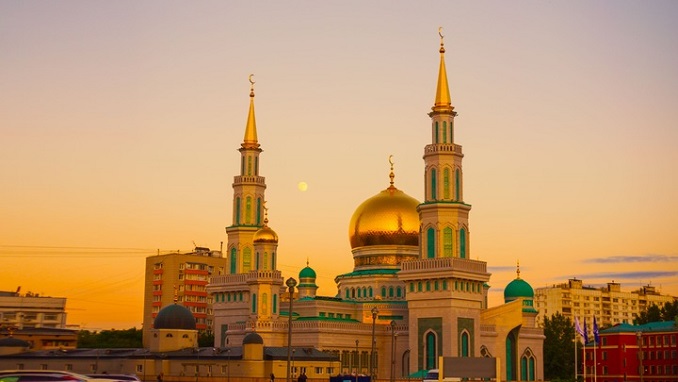Turkey’s tourism revenues jumped by nearly a fifth to $26 billion in 2017, boosted by a five-fold surge in the number of Russian tourists, Hurriyet reported.
Tourism revenues are a major source of financing for Turkey’s wide current account deficit, which rating agencies have described as “large and persistent”. A 2016 diplomatic crisis between Turkey and Russia – after Turkey shot down a Russian plane over Syria – hit the tourism industry, and the economy, hard, costing an estimated $8 billion in lost revenue.
“There is a 70 percent increase in the number of bookings from foreign travel agencies for this year. We expect a record in numbers in 2018,” Tourism Minister Numan Kurtulmus said.
Tourism revenues surged 18.9 percent to $26.28 billion last year, rebounding from a sharp fall a year earlier, the data from the Turkish Statistical Institute showed.
While 77.4 percent of the tourism revenue (excluding GSM roaming and marina service expenditures) was obtained from foreign visitors, 22.6 percent was obtained from citizens living abroad, according to data from the Turkish Statistics Institute (TÜİK).
In 2017, while individual expenditures constituted $21.5 billion of the total tourism income, the remaining amount was obtained by package tour expenditures, TÜİK data also showed.
The average expenditure per capita was $681 last year. While the average expenditure of foreigners was $630 per capita, the average expenditure of the Turkish citizens living abroad was $903 per capita, according to official data.
In the fourth quarter of 2017, tourism revenue saw a 27.7 year-on-year increase and reached $6.1 billion. In that quarter, while the average expenditure of foreigners was $687 per capita, the average expenditure of Turkish citizens living abroad was $978 per capita.
Amid a series of bomb attacks, a failed coup attempt and a diplomatic crisis with Russia, the number of foreign tourists visiting Turkey plummeted to 25.3 million in 2016, down from 36.2 million in the previous year. Nearly 36.8 million foreigners visited Turkey in 2014.












